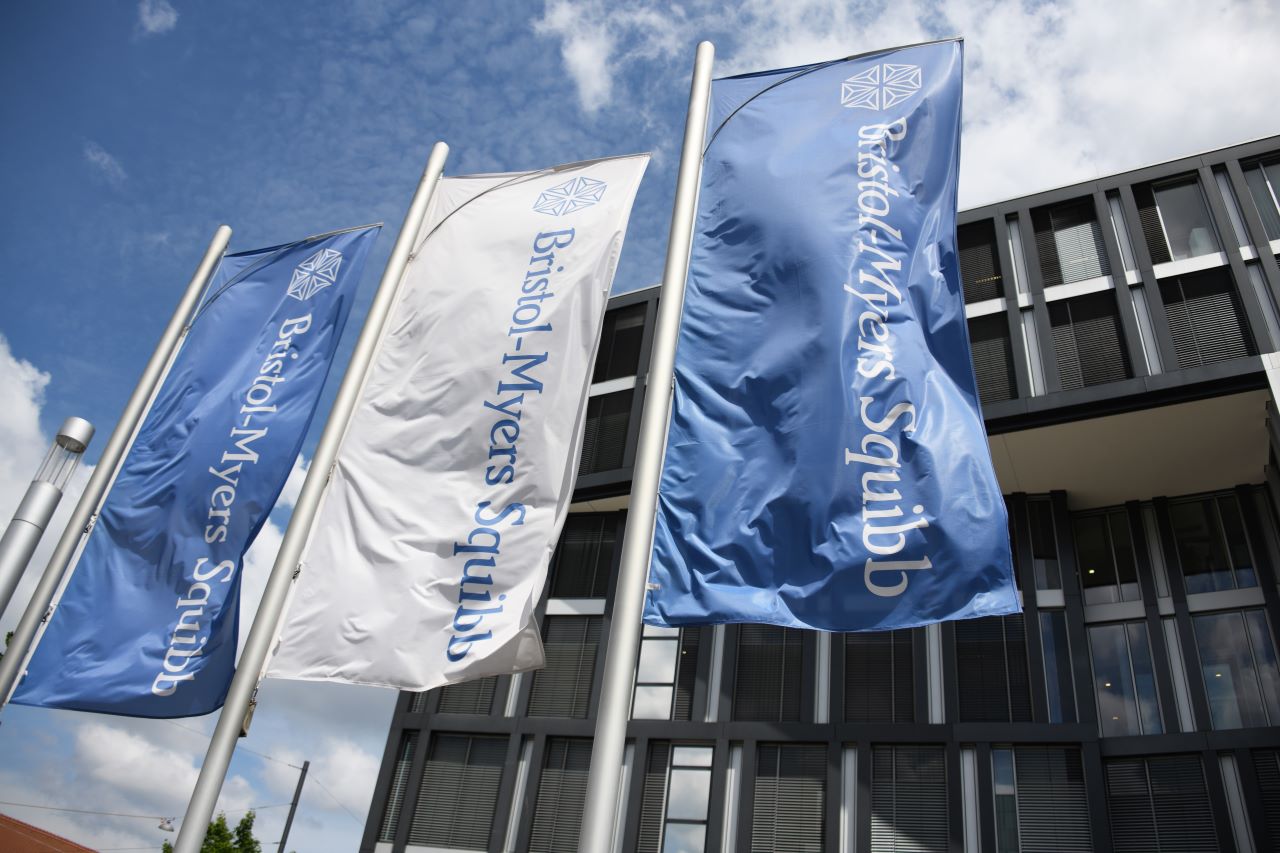On October 9, Bristol Myers Squibb (BMS) announced it had an agreement to acquire Mirati Therapeutics, a targeted oncology biotech company. The deal, which is expected to close by the end of Q1 2024, will see BMS pay $58 per share in cash for a total value of $4.8bn.
Through the acquisition, BMS will be able to diversify its oncology portfolio with targeted therapies such as Krazati (adagrasib), a KRAS G12C inhibitor recently approved to treat advanced non-small cell lung cancer patients (NSCLC), which Mirati claims is best-in-class.
The KRAS inhibitor is being evaluated in various solid tumours alone or in combination for potential label expansion. In addition, Mirati has three pipeline small-molecule inhibitors in early clinical development, one of which, MRTX1719, is a potentially first-in-class PRMT5 inhibitor.
As BMS faces losing patent protection from its highest-selling drugs, Eliquis, Revlimid and Opdivo later this decade, replenishing its pipeline is forward-thinking. The initial return on investment will come from sales of Krazati. The drug is indicated for patients with KRAS G12C-mutated advanced NSCLC who have received at least one prior line of systemic therapy.
The mutation Krazati targets is the most frequently occurring variant of KRAS (39%–42%) and is found in approximately 13% of NSCLC patients. Krazati was granted accelerated approval based on a Phase II trial where the primary endpoints for objective response rate and duration of response were both met, at 43% and eight and a half months, respectively. Currently, there are three ongoing or planned company-sponsored Phase lll trials for NSCLC and colorectal cancer patients.
On October 5, Amgen’s Lumakras (sotorasib), considered Krazati’s main competitor, received negative feedback from the FDA’s Drug Advisory Committee due to unreliable Phase lll progression-free survival data as the biotech seeks to convert its accelerated approval to full approval for its RAS inhibitor. The agency has a mid-December deadline to grant Lumakras traditional approval. GlobalData’s analyst consensus forecast predicts sales for Krazati to surpass $1.3bn by 2029, while they project sales for Lumakras to reach $1bn in the same year.

US Tariffs are shifting - will you react or anticipate?
Don’t let policy changes catch you off guard. Stay proactive with real-time data and expert analysis.
By GlobalDataMirati’s pipeline consists of additional KRAS inhibitors as well as the development of MRTX1719, which targets the PRMT5-MTA complex resulting from a homozygous deletion in the MTAP gene. The MTAP deletion occurs in roughly 10% of cancers and is associated with a poor prognosis. The agent, currently in Phase I/II, is being evaluated in several solid tumour indications where this deletion is most prevalent.
The California-based biotech will receive an additional $1bn from BMS contingent on the FDA accepting a new drug application for the agent within seven years of the merger. According to GlobalData’s Pharma Intelligence Center, MRTX1719’s highest likelihood of approval currently is for patients with malignant mesothelioma at 10%.





